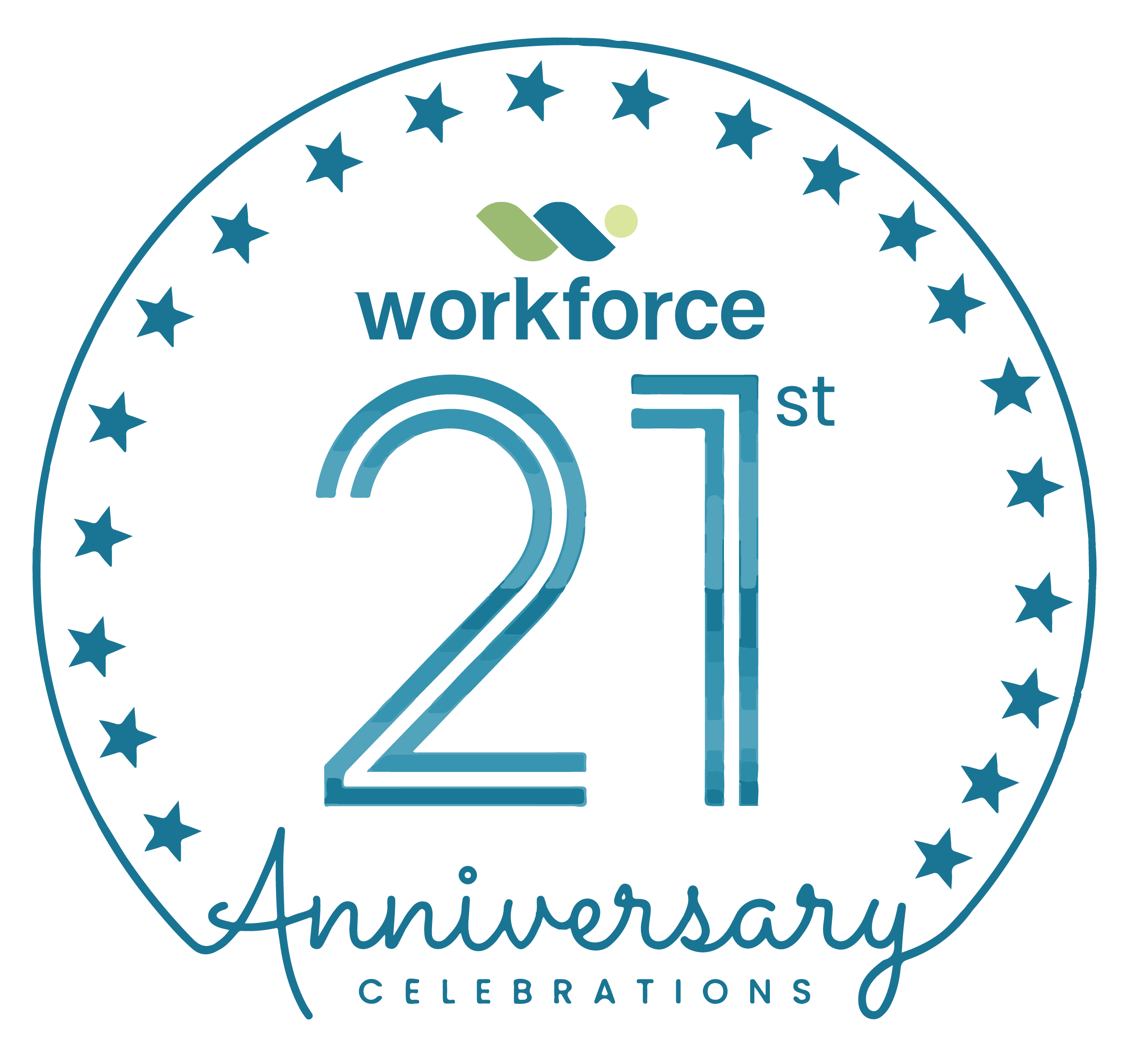Imagine a scenario where your organisation has grown to such a stage it now wants to expand by building a new branch. You also understand that people are the major drivers of success of any organisation. Therefore, you go all out to hire the best talent with technical skills to work in the different departments of the new branch. In your mind, this is enough to build a reputable team that can help your new department/branch grow.
After these talent have joined your team, some problems start to arise. You realise that they have trouble collaborating with one another. You also find it tough to manage them as there are a lot of personality clashes, and many of them had trouble adapting to your culture and business context. You also discover that some of these new hires found it hard adapting to their new surroundings, while others had trouble relating with one another. This made you realise that there were more qualities your employees needed to possess before thriving together in the workplace.
Nowadays, talent is seen as any ambitious individual with the right technical skills to perform on the job. However, that should not be the only thing organisations should look out for when trying to hire the right talent. While technical skills are important, they must also go hand-in-hand with other core employee competencies. These core employee competencies, include soft skills such as communication skills, problem-solving skills, time management skills, adaptability, teamwork, critical thinking, leadership, and creativity.
Keep reading as we explain the non-negotiable employee competencies your staff must possess for your business to not only survive, but thrive as well.
8 Core Competencies needed to Succeed in the Workplace
As stated earlier, possessing technical competencies is not enough to determine how well a talent will succeed in an organisation. Behavioural employee competencies are also important. These competencies are highlighted below.
Leadership Skills

One of the core competencies is Leadership skills. Leadership skills refer to the ability to motivate and inspire others, set a vision for the future, and communicate effectively with team members. Leaders must also be able to build relationships, delegate tasks, and make decisions in a timely manner. Ultimately, good leaders are able to create and maintain a positive work environment that encourages collaboration and encourages employees to reach their potential.
To assess this competency in your employees, you can deploy a Leadership Potential Assessment.
Adaptability Skills
Adaptability skills is another core staff competency, and it refers to the ability to quickly and effectively adjust to changing conditions, circumstances, and tasks. This involves having the flexibility and resilience to adjust to different work environments, roles, and objectives. Adaptability skills also include the ability to think outside the box and come up with creative solutions to complex problems.
This skill is especially important because of the volatile business environment we are in. Having employees who are adaptable helps you navigate different changes more easily.
Critical thinking Skills
Critical thinking skills involve the ability to analyse situations and make sound decisions. This involves the ability to identify underlying issues, weigh different options, and make decisions based on facts and evidence. Critical thinking also involves the ability to think objectively and consider multiple perspectives. Good critical thinking skills are essential for problem-solving and making decisions in any organisation.
To test this competency in your employees, you can deploy a Critical Thinking Assessment.
Communication Skills
Communication skills involve the ability to effectively convey ideas, thoughts, and opinions both verbally and in writing. This includes being able to actively listen, ask clarifying questions, and provide constructive feedback. Good communication skills also involve being able to effectively present information in a clear and concise manner. Communication skills are essential for any organisation as they help to ensure that tasks are completed efficiently and effectively.
Teamwork Skills
Teamwork skills refer to the ability to collaborate and work effectively with others. This involves having strong interpersonal skills and being able to work together as a cohesive unit. Teamwork also involves the ability to respect different opinions, build trust, and work towards a common goal. Teamwork skills are essential in any organisation as they help to foster a sense of collaboration and camaraderie.
Problem-Solving Skills

Problem-solving skills are important because they involve the ability to identify and analyse a problem, develop potential solutions, and implement the best solution. This includes having the ability to think critically and objectively, look at a problem from multiple angles, and develop creative solutions. Problem-solving skills also involve the ability to assess a situation, ask the right questions, and find the root cause of the problem.
Analytical Skills
Analytical skills involve the ability to collect, organise, and interpret data to make decisions. This includes being able to identify patterns, draw conclusions, and develop strategies based on data. Analytical skills also involve the ability to use data to make predictions, solve problems, and develop new solutions. Good analytical skills are essential for any organisation as they help to ensure that tasks are completed efficiently and effectively
Drive for Results
Drive for results is a job competency that refers to an individual’s ability to set and achieve goals, and to persist in the face of obstacles or setbacks. This competency encompasses a range of skills and behaviours, such as setting and meeting deadlines, achieving targeted results, and taking initiative and ownership of one’s work. People with a strong drive for results are typically seen as proactive, results-oriented, and highly motivated. They are able to set clear, measurable goals and take the necessary steps to achieve them, as well as continuously monitor and adjust their progress as needed.
Workforce Group’s assessment tools can help you assess these top behavioural competencies in candidates. To learn more, schedule a free consultation here – https://workforcegroup.com/become-a-client/

Akindele Afolabi
Director, Workforce Resourcing
